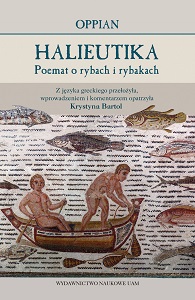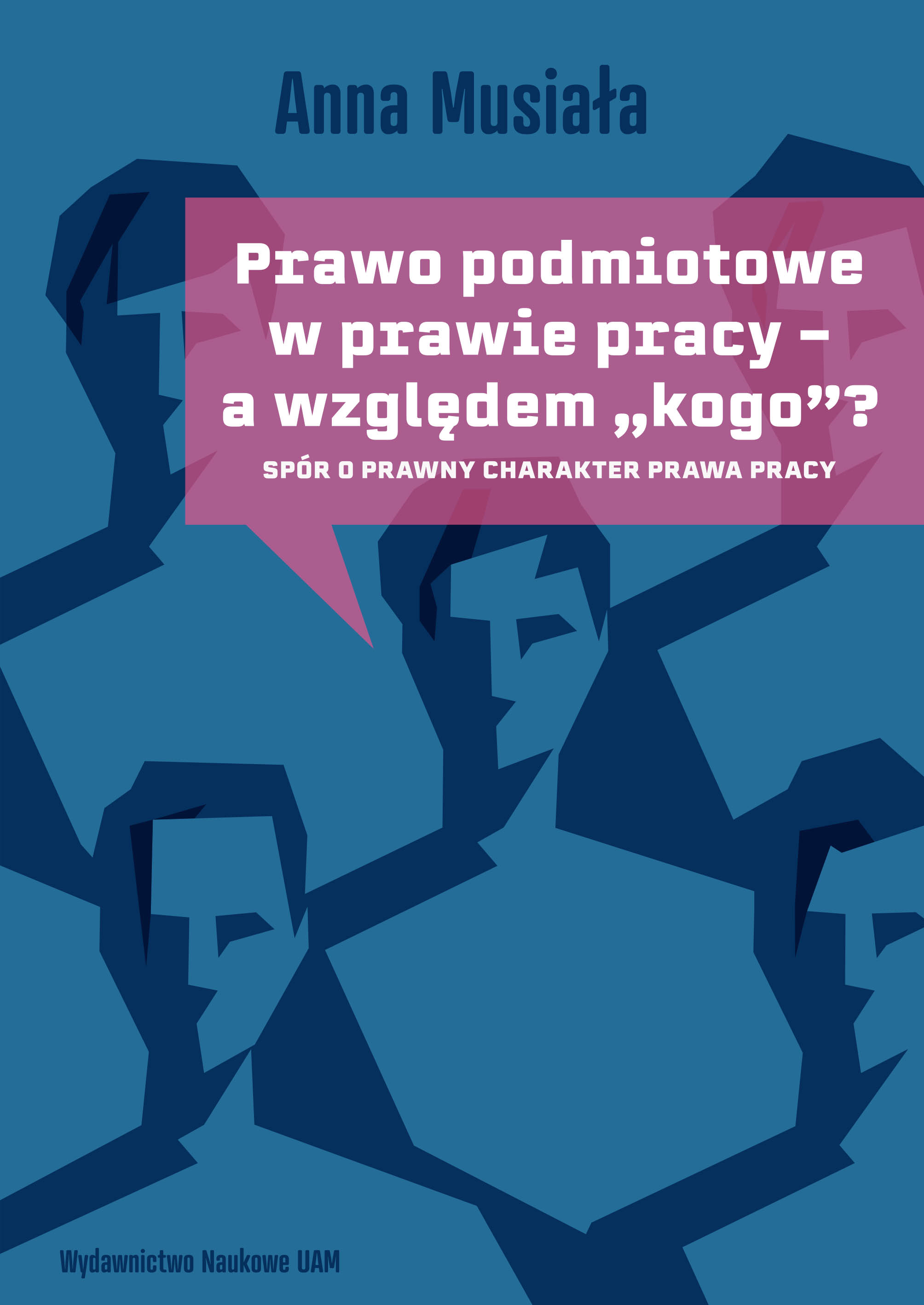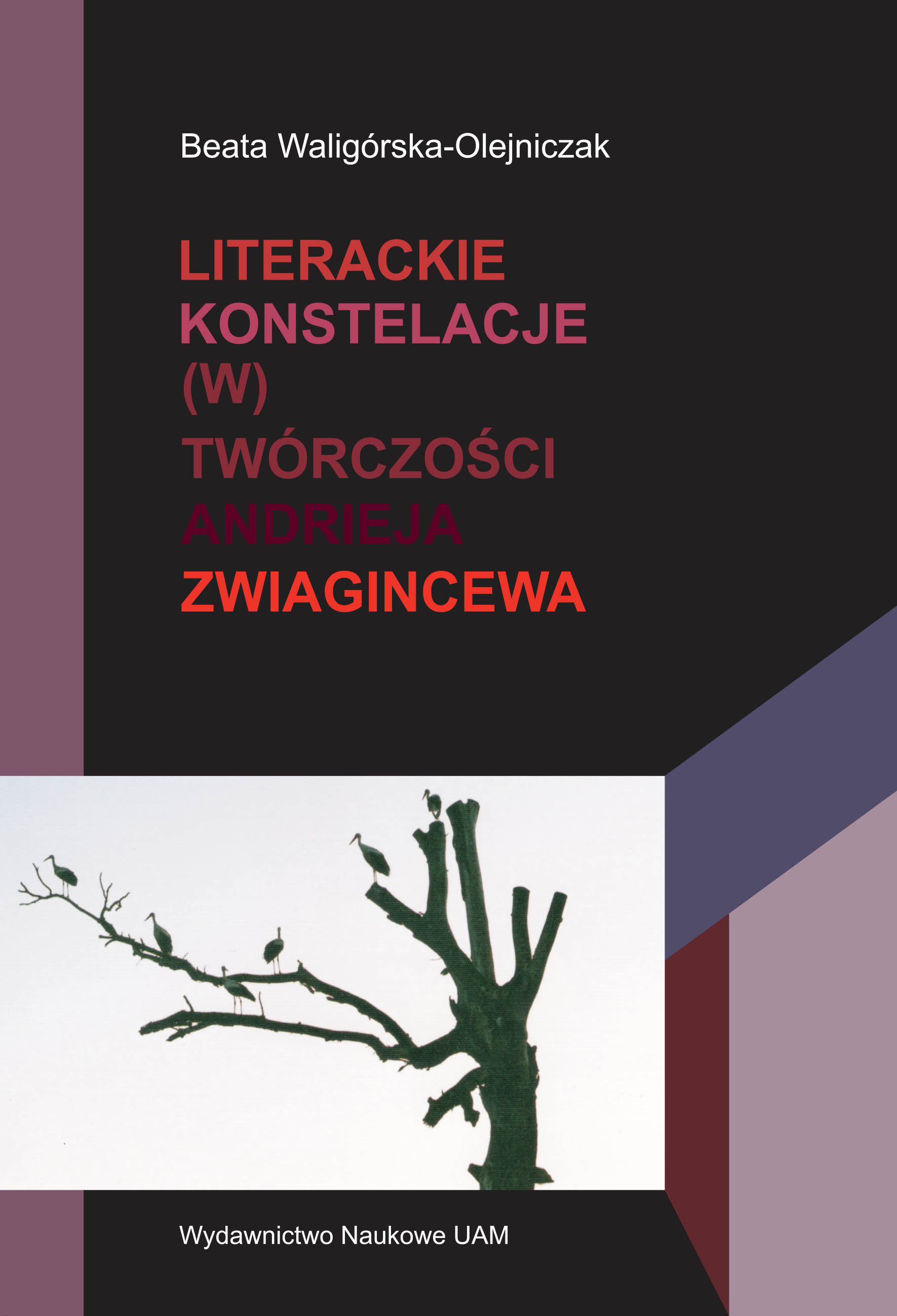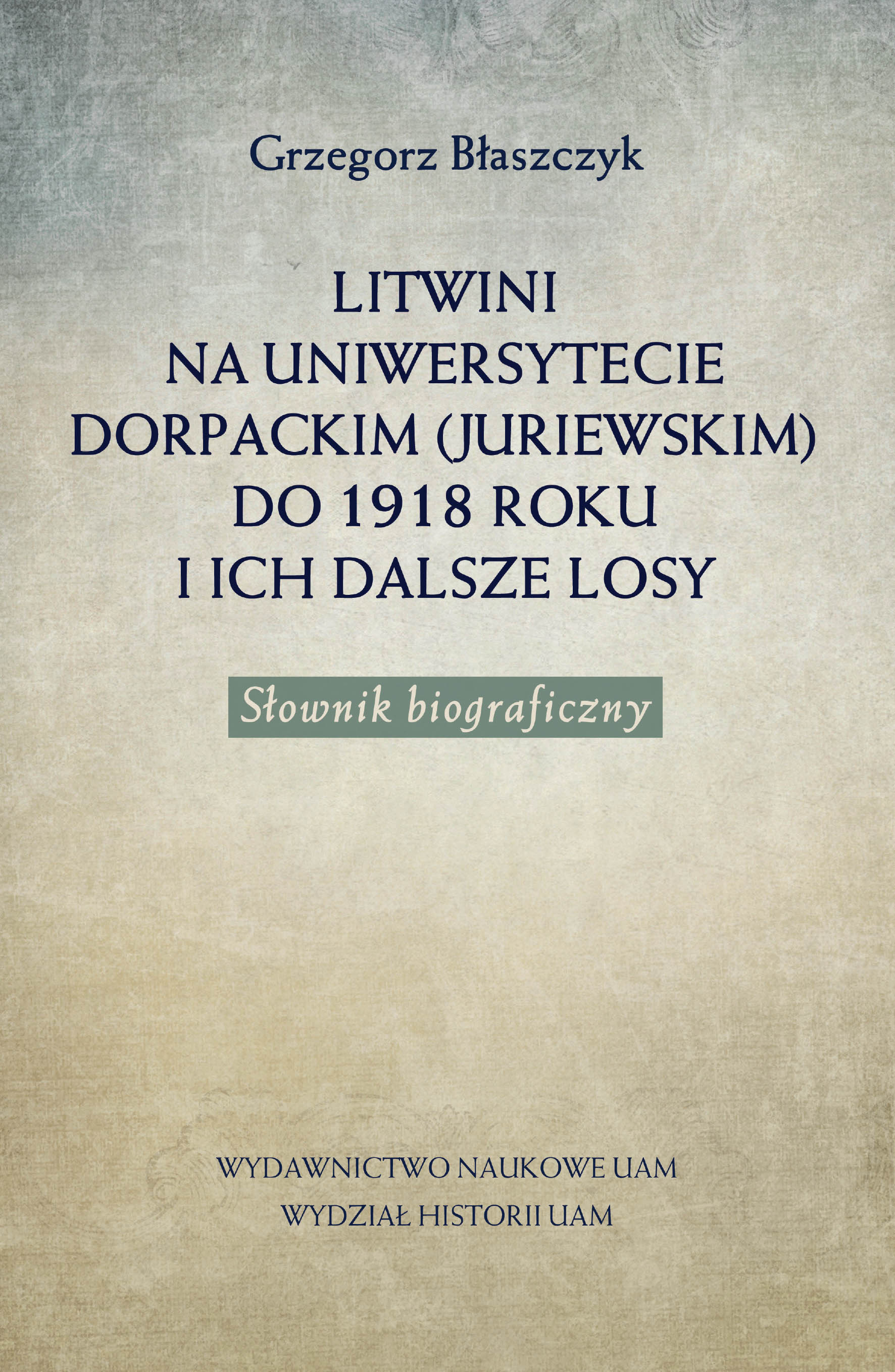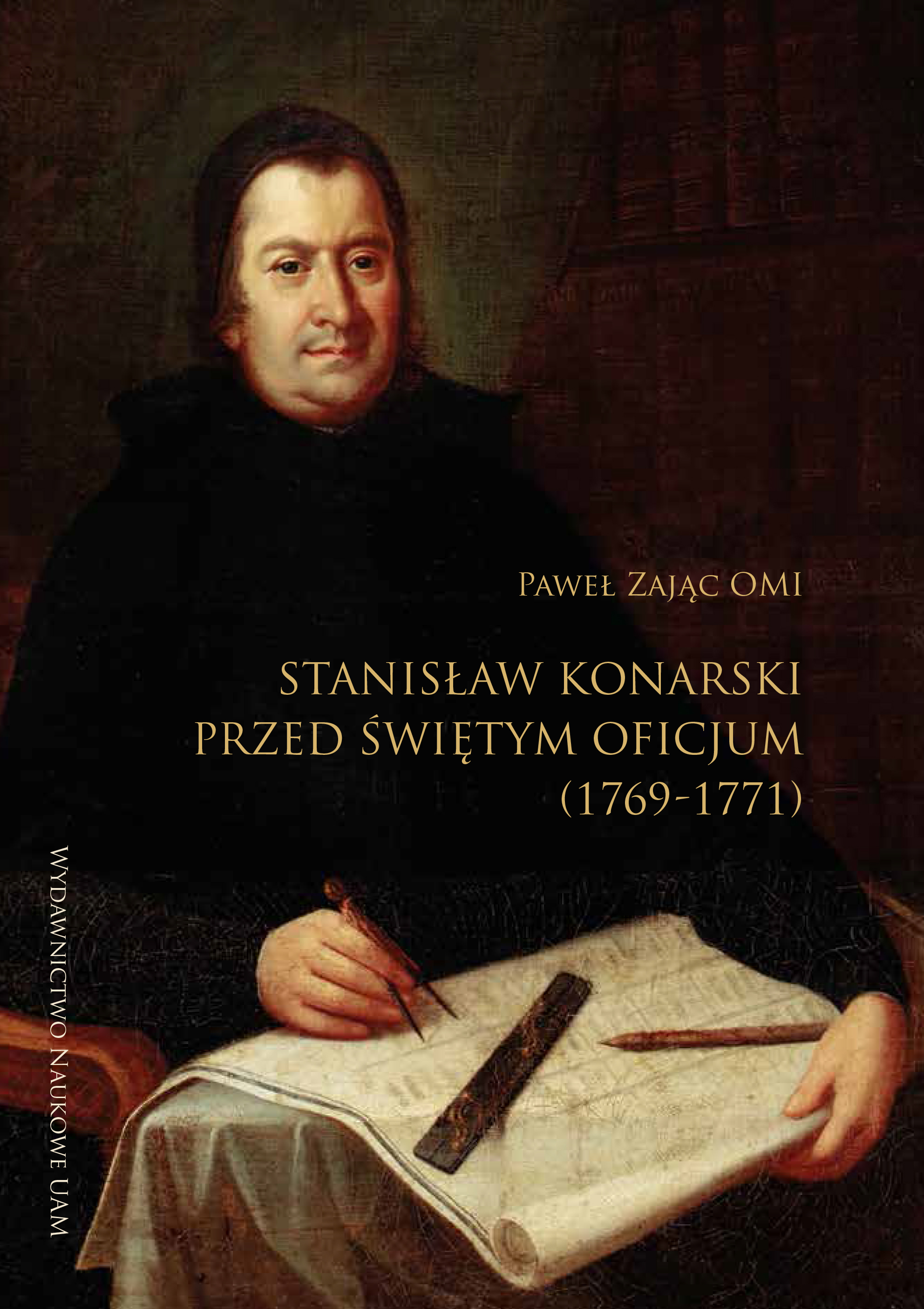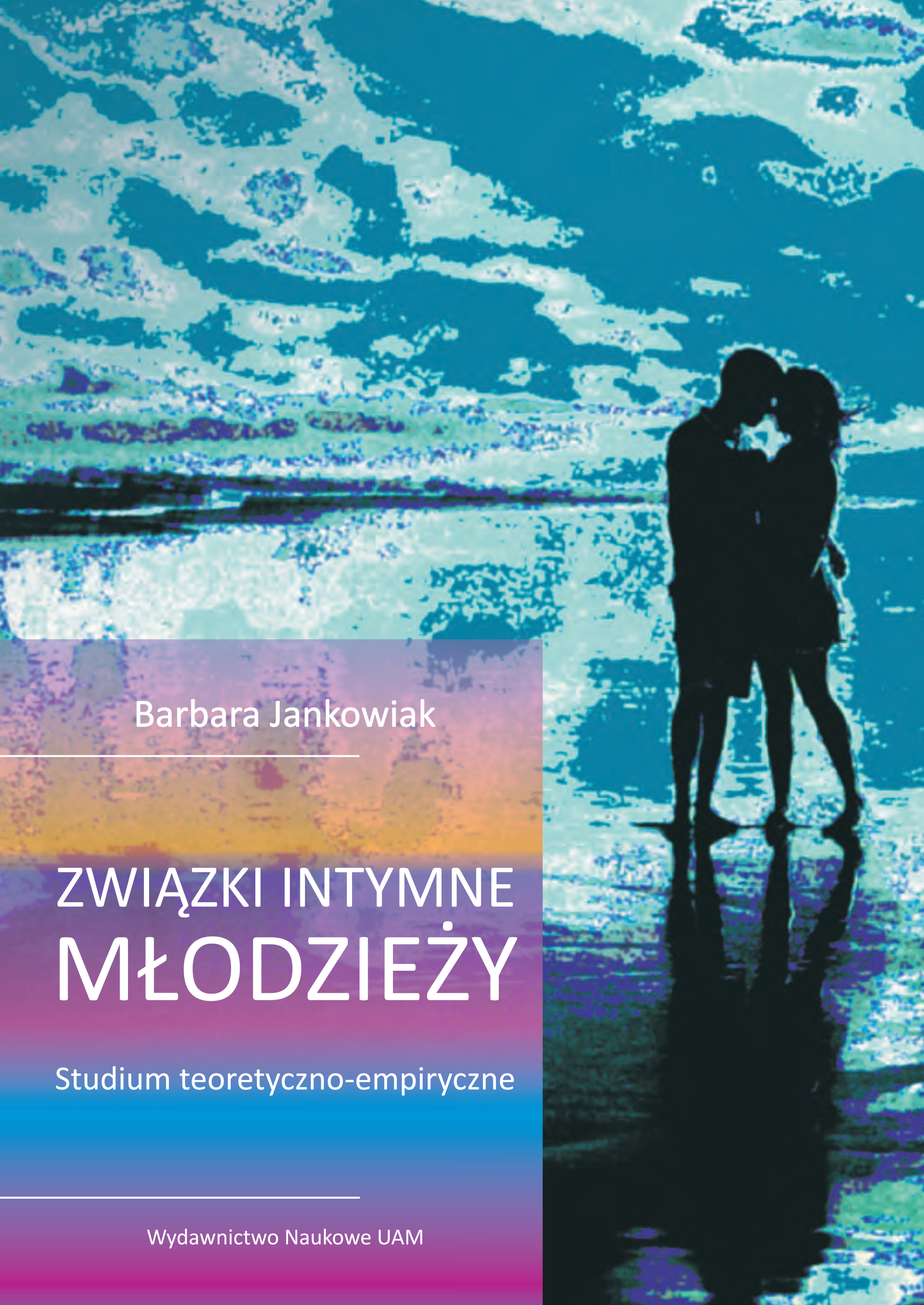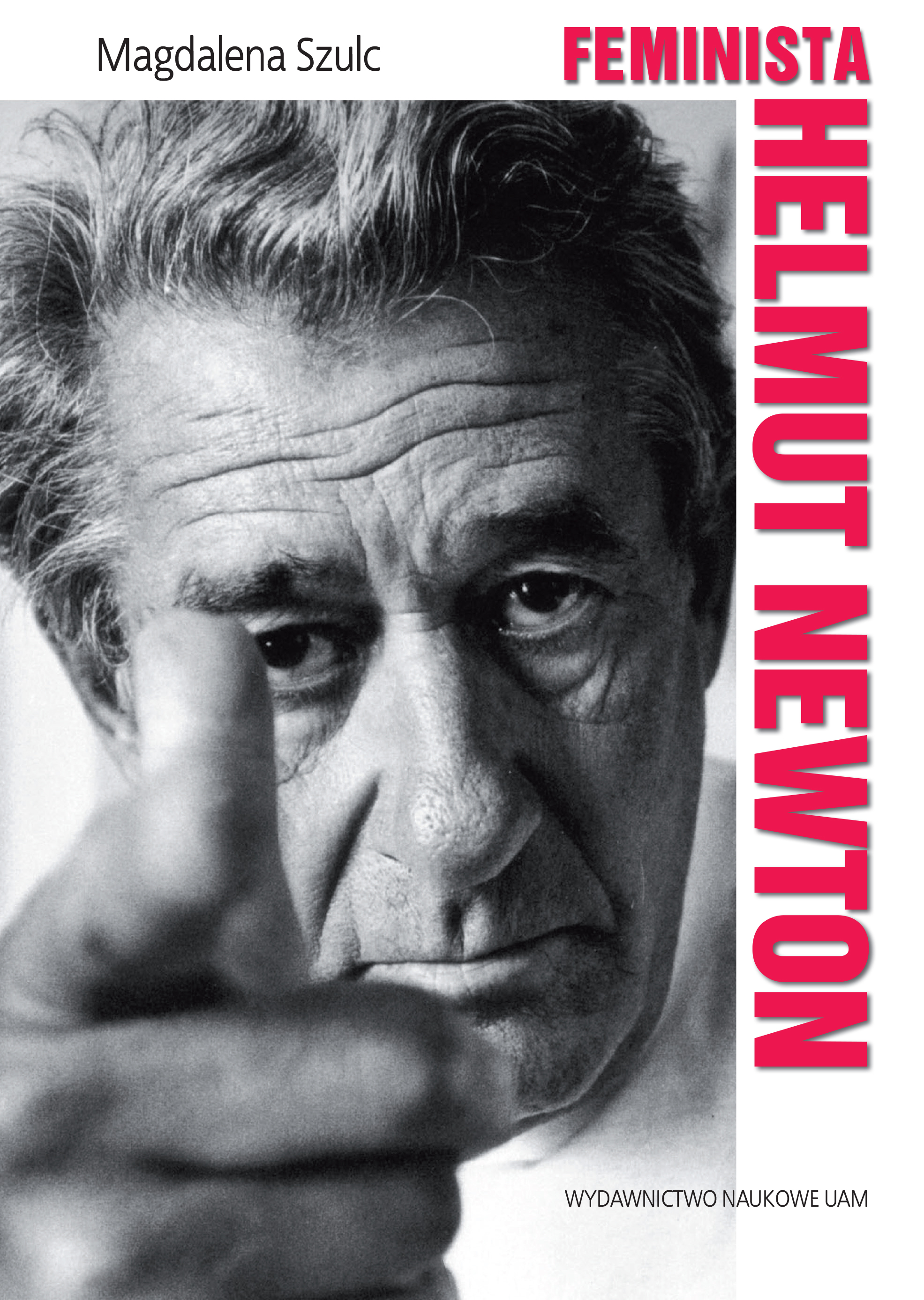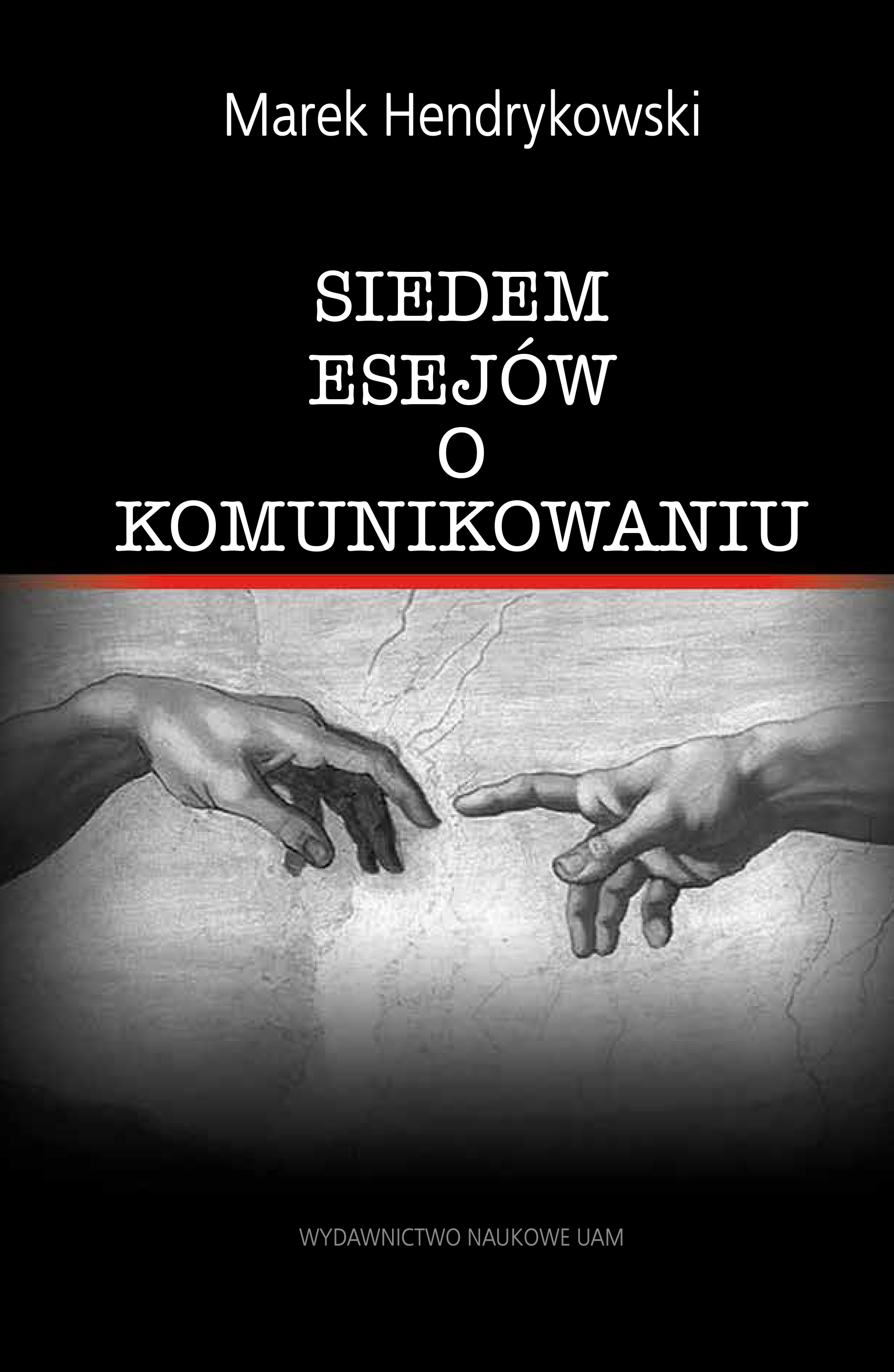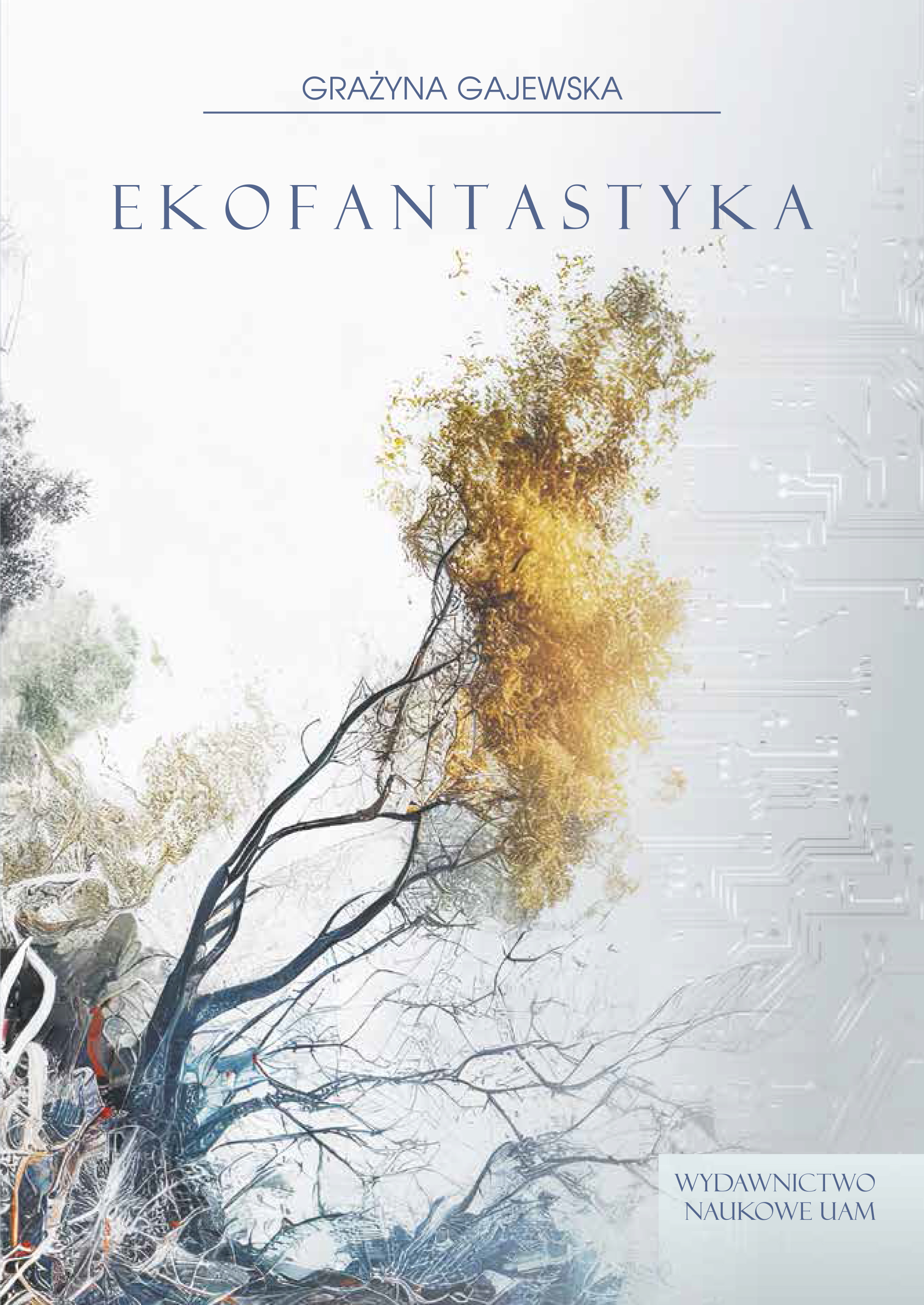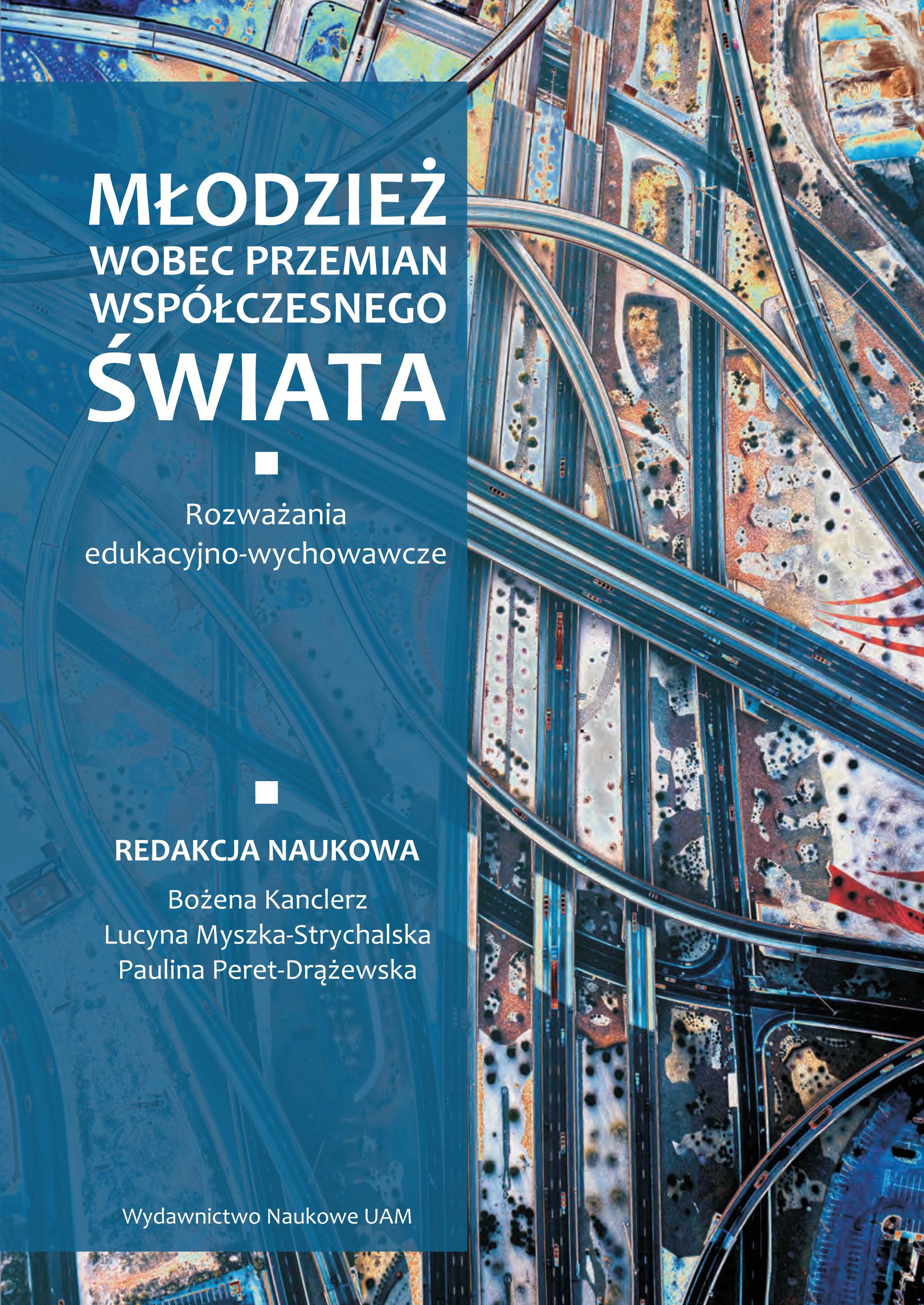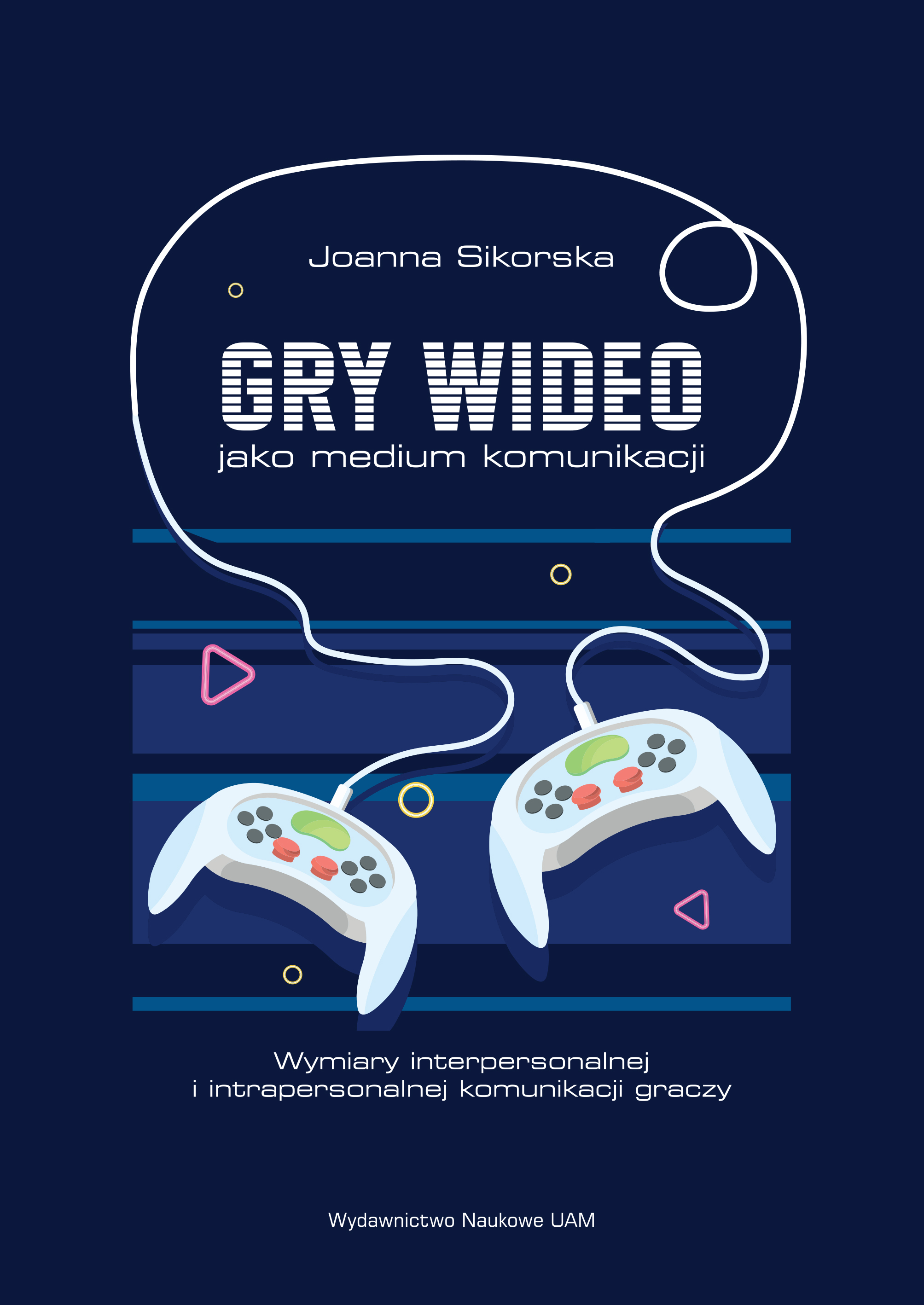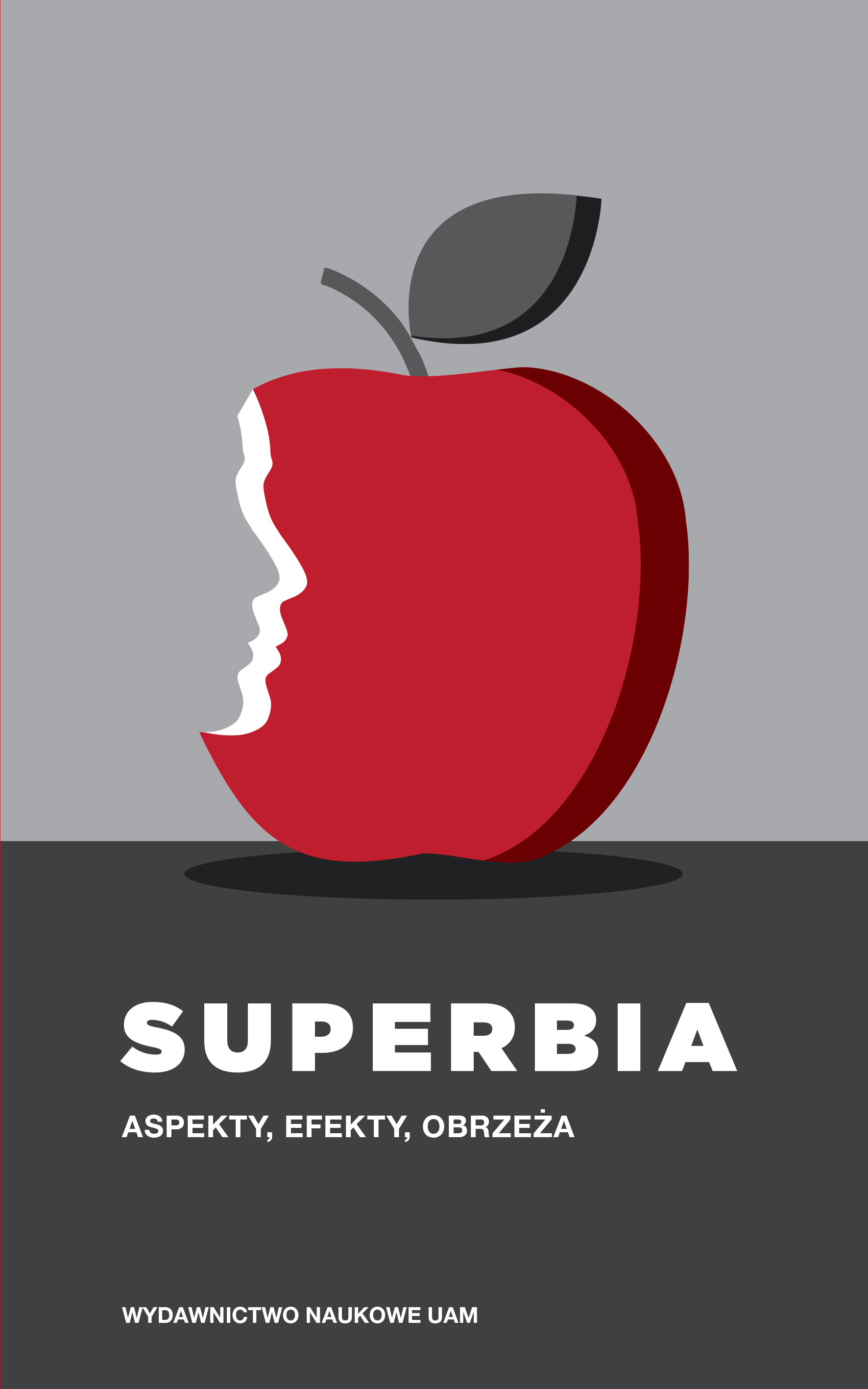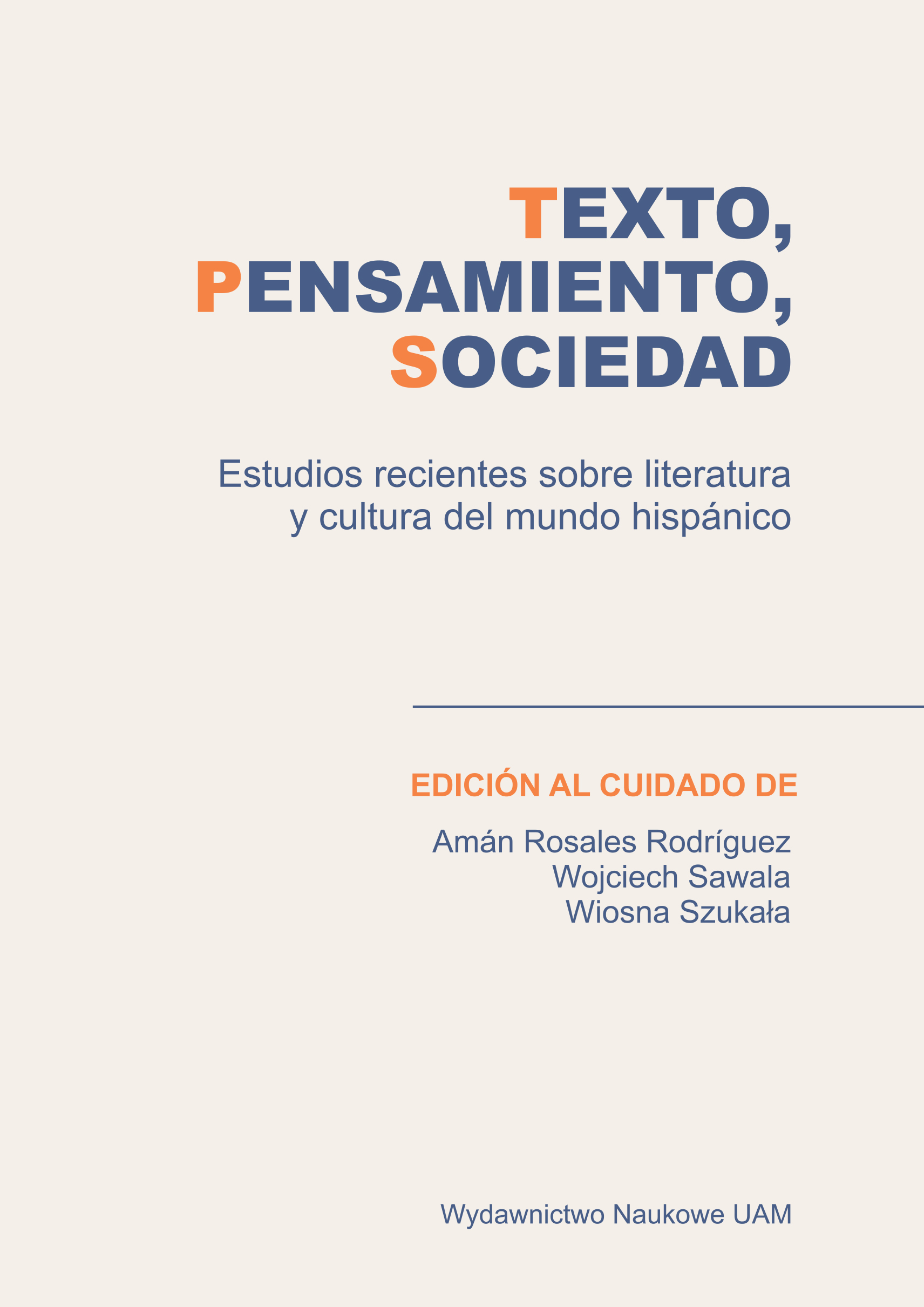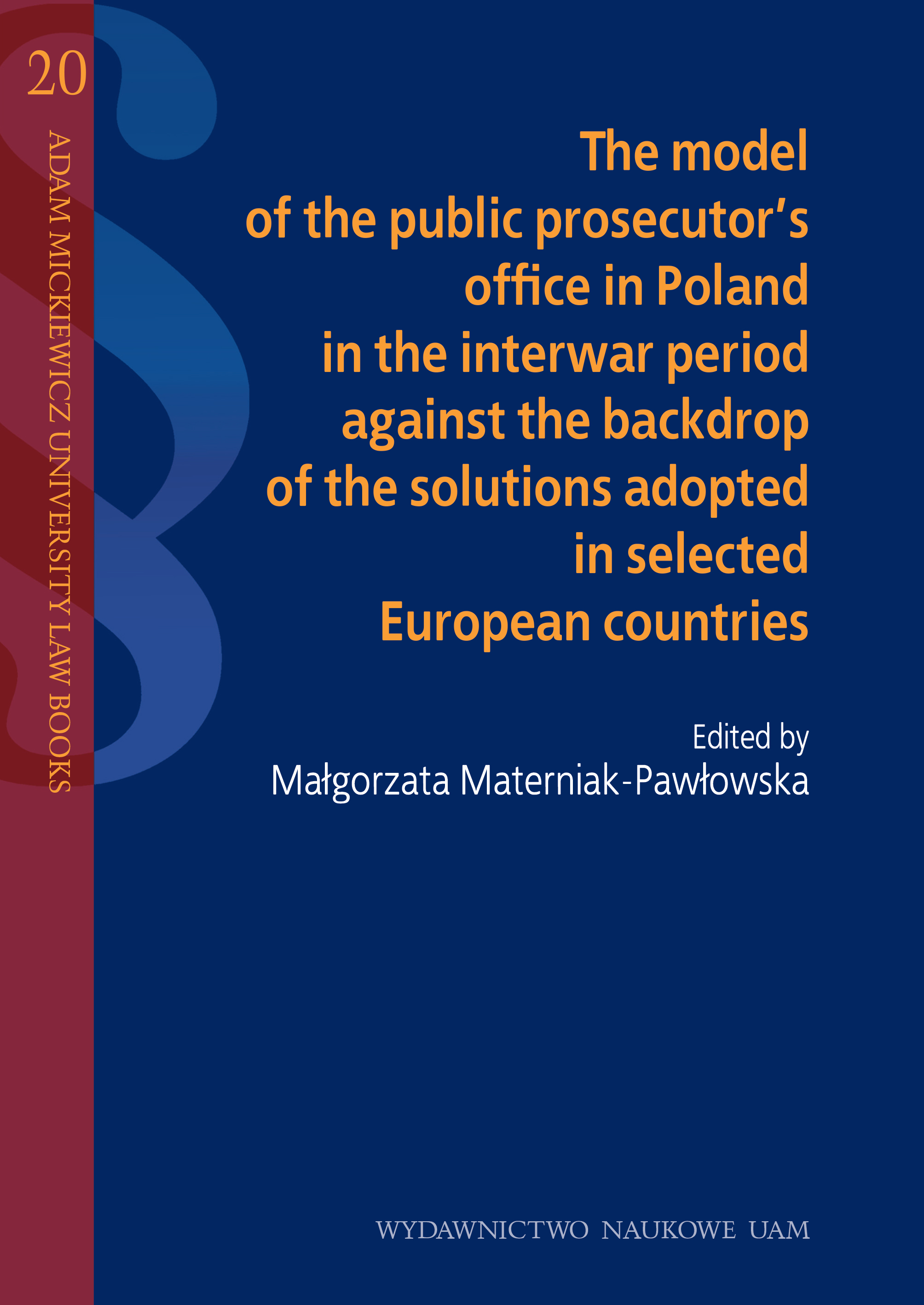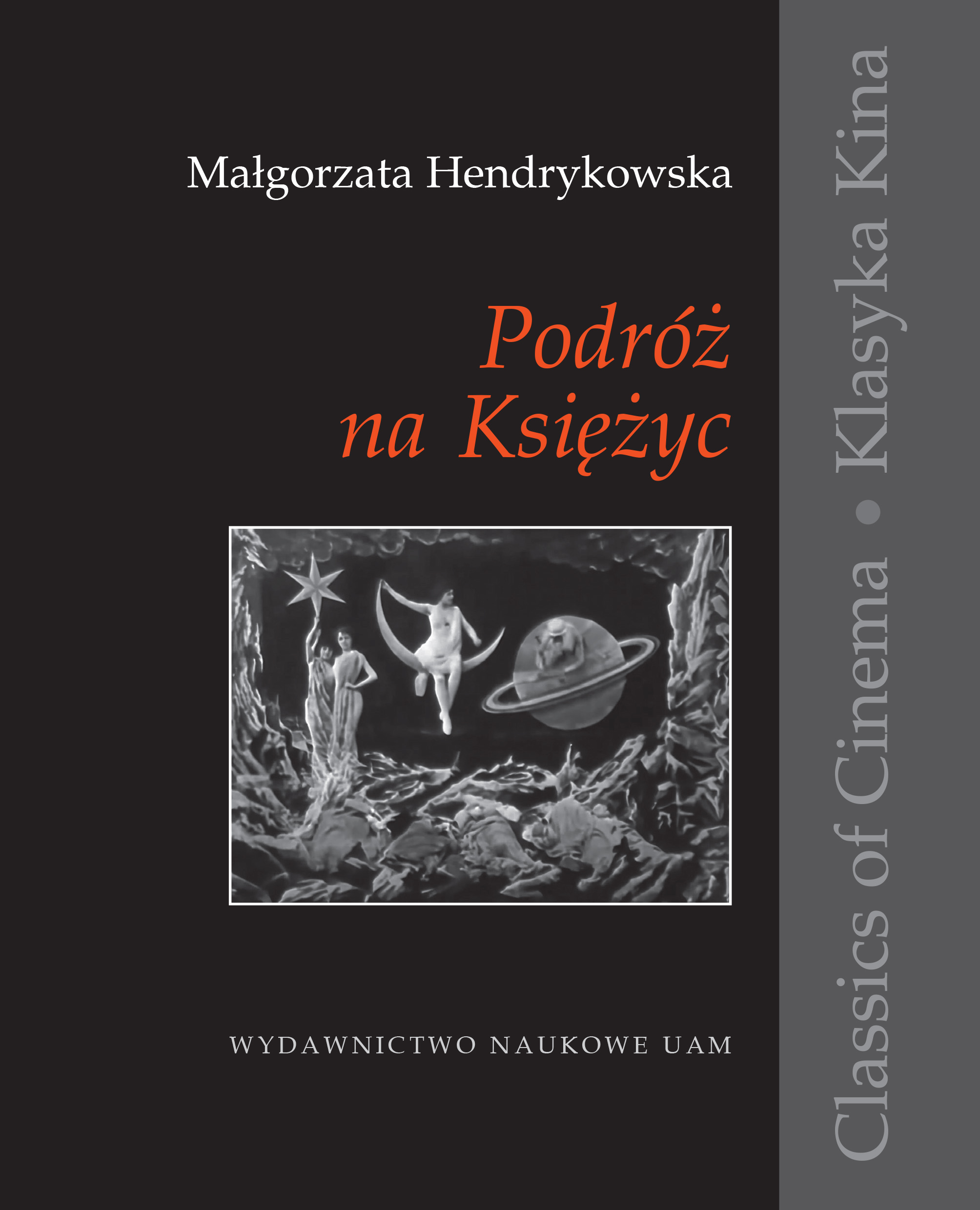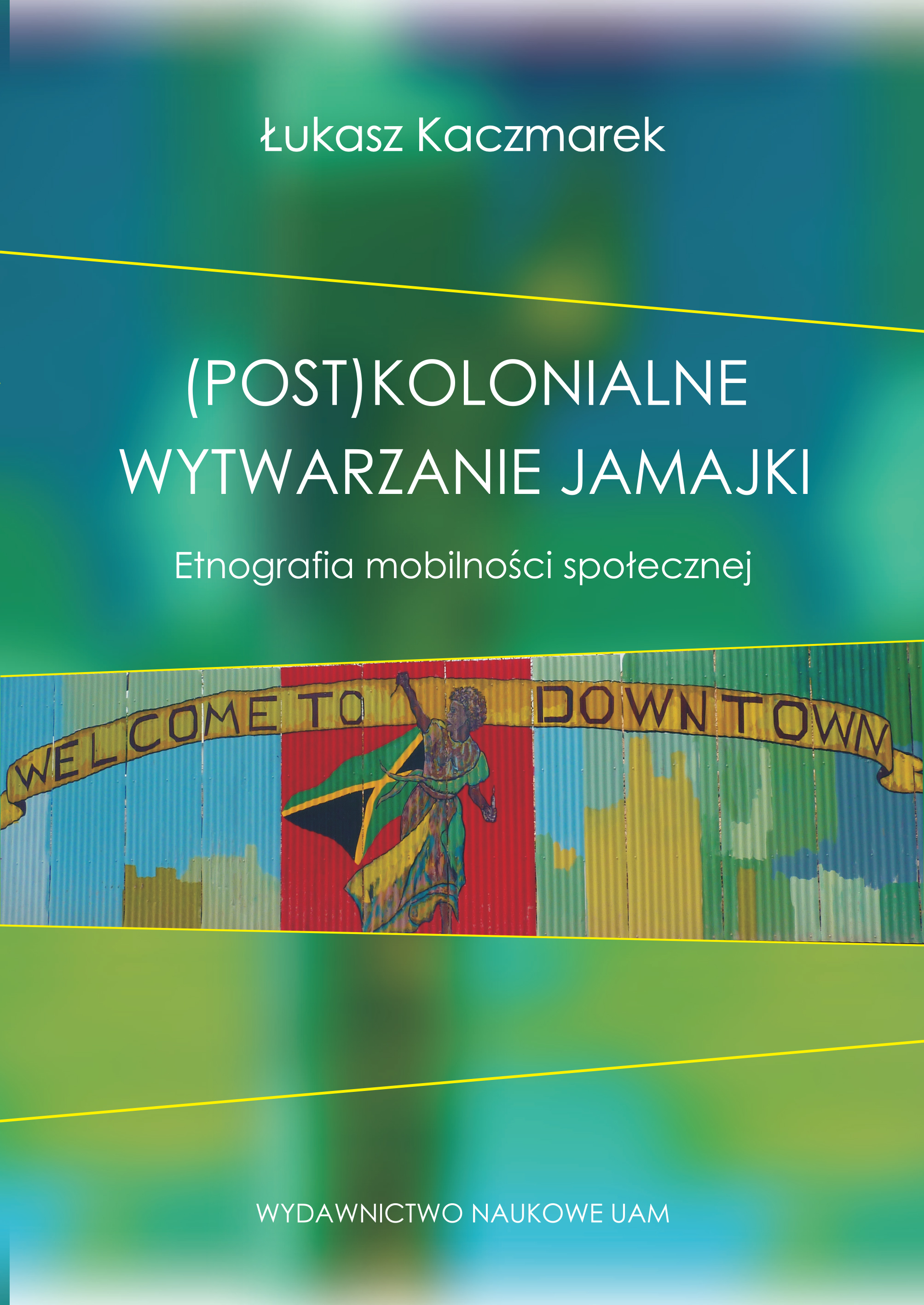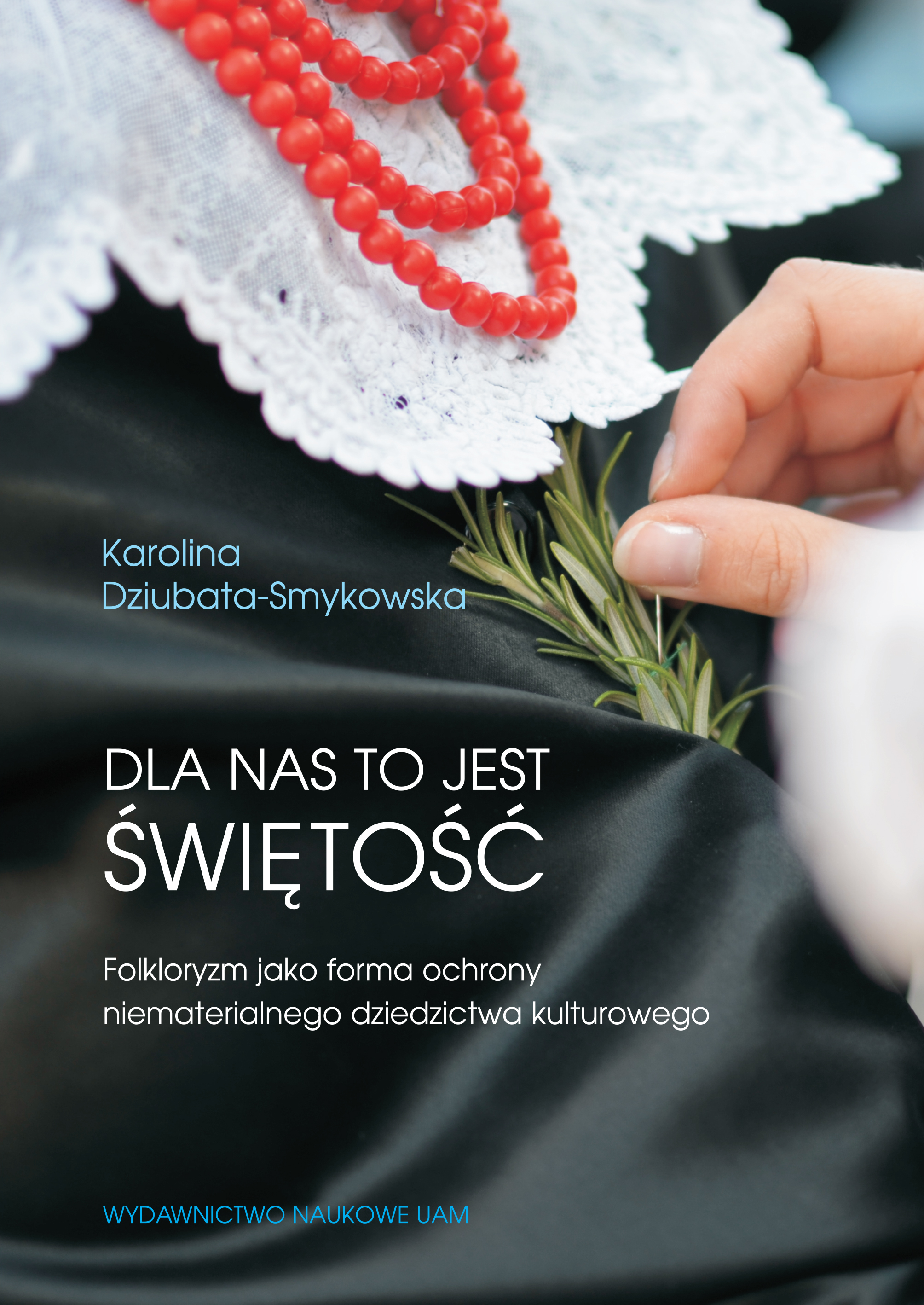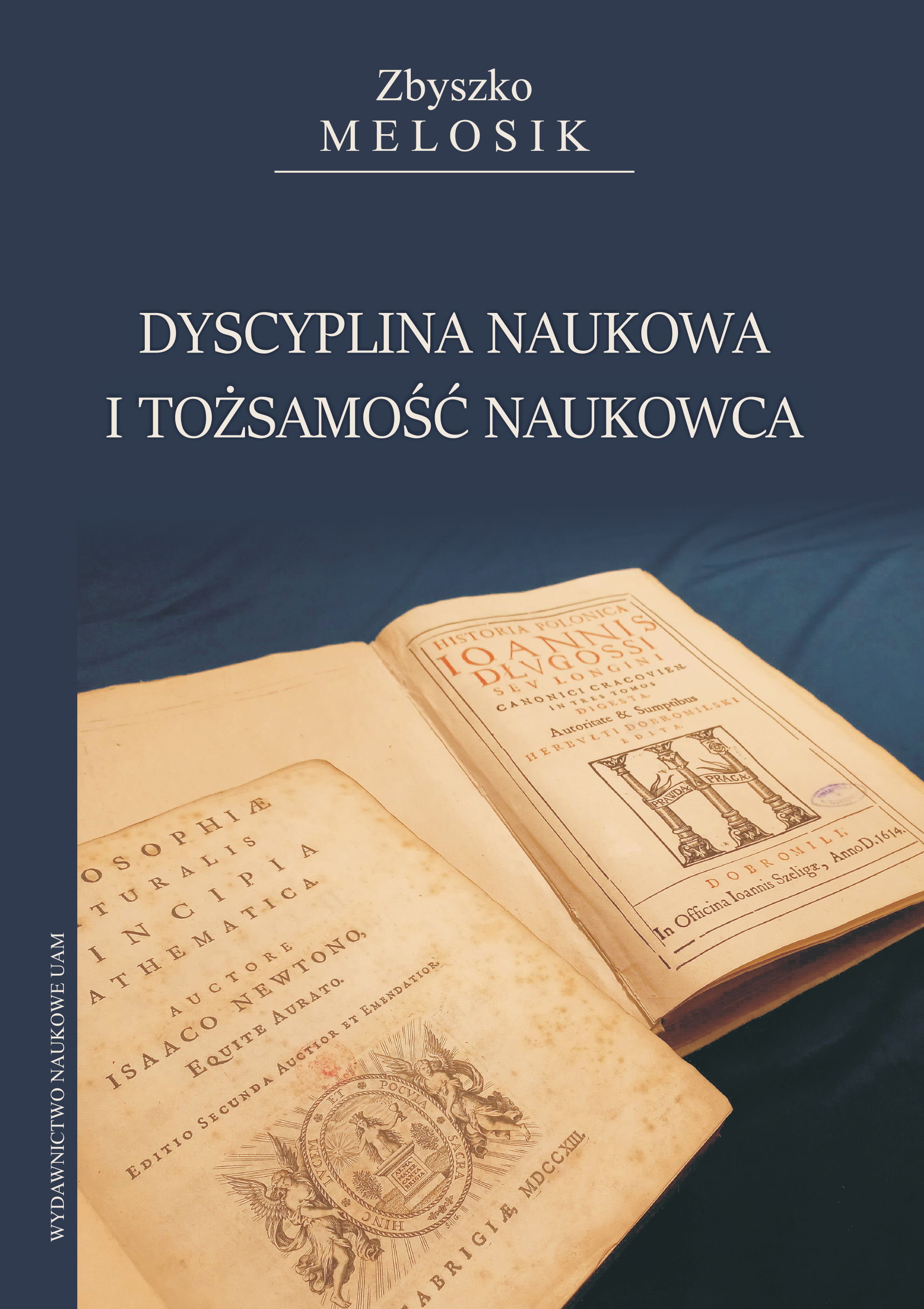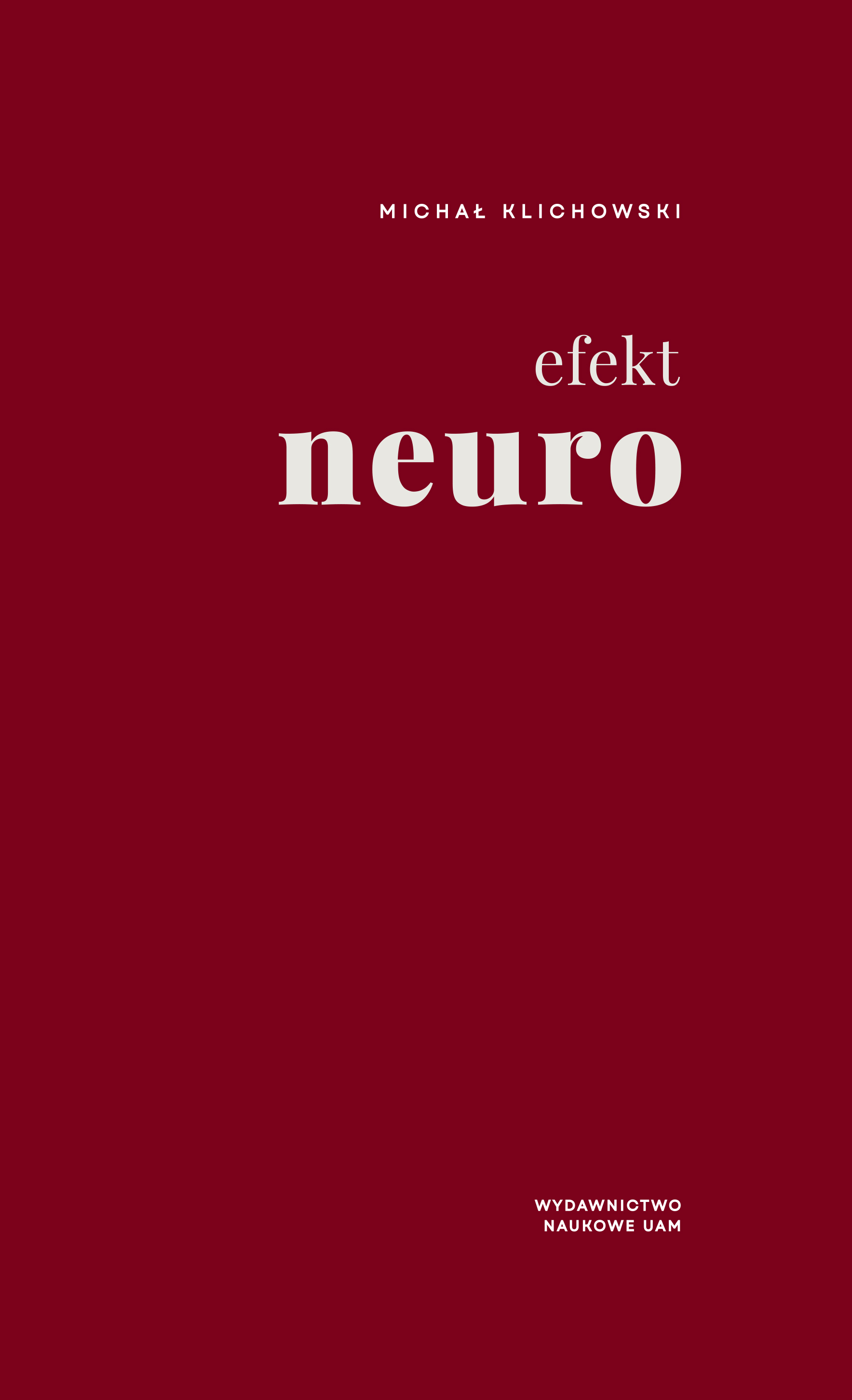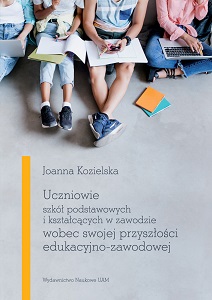
Primary and Vocational School Pupils on their Educational and Vocational Futures
Uczniowie szkół podstawowych i kształcących w zawodzie wobec swojej przyszłości edukacyjno-zawodowej
Keywords: plans; educational and professional aspirations; strategies for constructing the future; youth, vocational training schools; vocational education; career counseling; professional success
Nowadays every young person needs to plan their education path and make educational and career choices. The labour market, which is modified by the ongoing processes of globalization, makes it imperative to undertake projects aimed at actively fitting individuals into this constantly reconstructed market, and also necessitates a number of activities of a preparatory character to ensure full labour market participation. The subject matter of the book concerns the theory and practice of pedagogy, in particular its sub-disciplines: labour pedagogy, and to some extent social pedagogy. The author conducts empirical resarch focusing on discovering pupils' educational and career plans, their aspirations and the determinants of these, as well as the strategies young people adopt in constructing their future. The author pays particular attention to two groups of respondents - primary school pupils and those who have already made their first educational and professional choices and are studying in vocational schools and technical schools. The study findings may serve to enrich the knowledge about the aspirations, educational and professional plans made by primary school pupils interested and not interested in vocational education and also that of students of vocational schools and technical schools. An important aspect in the study are also opinions about and expectations of school careers counselling, whose aim the author sees as creating space for learning about oneself and the world of work (taking into account the learning paths prior to entering the labour market) and developing activities conducive to optimizing employment possibilities or/and achieving professional success (depending on individual potential).
More...
